Embarking on a safari in Uganda is a thrilling journey into some of Africa’s most spectacular wildlife habitats and vibrant cultures. However, to ensure that your safari experience is both unforgettable and safe, it’s vital to follow specific safety rules and guidelines. Respecting wildlife, understanding the environment, and cooperating with your guides are key to a harmonious encounter with nature on your Uganda safari.
Below are essential safety tips that will help you stay safe and get the most out of your safari, whether you’re on a guided tour or self-driving through Uganda’s national parks.
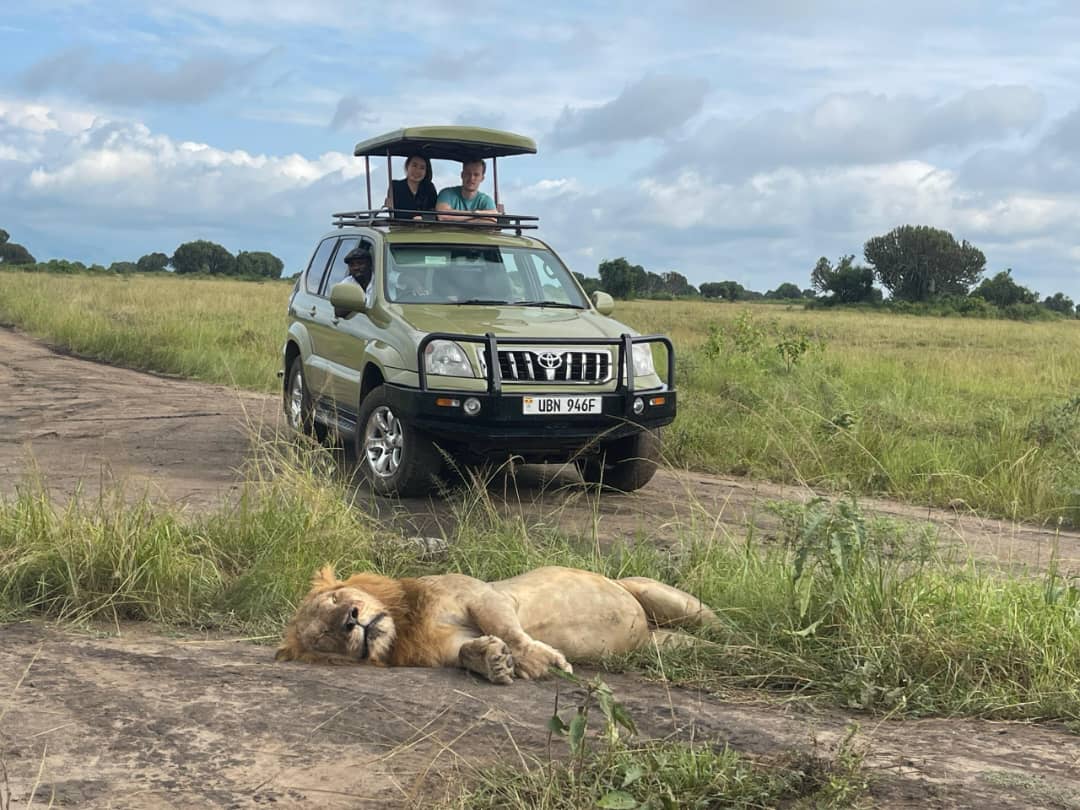
1. Stay Inside the Vehicle Unless Instructed Otherwise
Wild animals are unpredictable and can be dangerous, especially if they feel threatened by your presence. Always remain inside your vehicle while on safari and only exit when your guide explicitly says it’s safe. Guides are trained to detect dangers that tourists might miss. The safari vehicle acts as your safe haven in the wild, so treat it as your primary protective barrier.
2. Be Cautious in Pop-up Roof Vehicles
Safari vehicles equipped with pop-up roofs offer amazing close-up wildlife viewing opportunities, but they also come with specific precautions. When the roof is open, avoid sudden movements such as standing up abruptly, waving arms, or making loud noises, as these can startle animals and spoil your viewing experience. Keep calm, be patient, and enjoy watching animals in their natural behavior.
3. Respect Wildlife and Their Natural Habitat
Remember, you are a guest in the wild animals’ home. It’s crucial to show respect by maintaining a safe distance, speaking softly, and avoiding sudden gestures or noises. Never attempt to feed or touch animals, as this can provoke aggression or negatively impact their health and behavior. Your respectful conduct helps protect both you and the wildlife.
4. Never Drive Off Established Game Tracks
If you’re on a self-drive safari, always stick to designated roads and tracks. Driving off-road damages fragile ecosystems, destroys vegetation, and can disturb or injure animals. Additionally, off-track driving increases the risk of getting stuck or encountering dangerous situations such as disturbing elephants or hippos, which may react aggressively. Always follow park rules and signage to safeguard the environment and your safety.
5. Turn Off Camera Flash and Avoid Bright Lights Near Wildlife
Many wild animals, including primates like gorillas and nocturnal predators, are sensitive to bright lights and camera flashes. Using flash photography can frighten or provoke animals, potentially leading to aggressive encounters or causing them to flee. Always switch off your flash when photographing animals and use natural light whenever possible.
6. Minimize Jerky or Sudden Movements Around Camps and Lodges
At camps and lodges near wildlife reserves, always move cautiously during dawn, dusk, or nighttime when animals may be active. Avoid loud noises, running, or walking alone far from the camp, especially after dark. These animals are wild and can be dangerous if startled. Follow lodge safety rules and guidelines to ensure your protection and that of others.
7. Follow Your Guide’s Instructions at All Times
Your safari guide is your best resource for safety and information. Guides have extensive training in wildlife behavior, park regulations, and emergency procedures. Always listen carefully and follow their instructions, whether during game drives, walking safaris, or tracking activities. Cooperation ensures a smooth, enjoyable, and incident-free safari experience.
8. Prepare and Plan Ahead for Your Safari
Permits: Secure necessary permits early for activities like gorilla trekking or chimpanzee tracking, as these are limited and in high demand.
Health: Carry insect repellent, sunscreen, and relevant medications. Keep hydrated and follow health advice related to altitude or endemic diseases.
Equipment: Bring suitable clothing (neutral colors), binoculars, cameras with extra batteries, and comfortable walking shoes.
Emergency contacts: Always have communication details for your guide, lodge, and local authorities saved.
Why Safety Guidelines Are Crucial for Your Uganda Safari
Wildlife safaris blend adventure with unpredictability, and respecting safety protocols helps protect both visitors and animals. Adhering to these guidelines ensures you contribute positively to conservation efforts, minimize ecological impact, and enjoy close encounters with Uganda’s breathtaking wildlife safely. Following the rules also preserves these incredible natural resources for future generations to experience.
Book Your Safe and Memorable Uganda Safari Today!
Whether you prefer a guided safari or self-drive adventure, understanding and practicing these safety guidelines will help you make the most of your time in Uganda’s national parks. For bookings, expert advice, and customized itineraries, contact us at:
Phone: +256-700-135-510
Let us help you create a safari experience that’s thrilling, safe, and unforgettable!


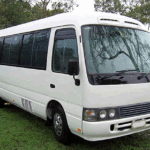
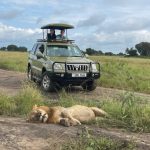
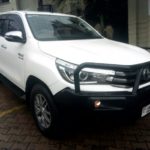
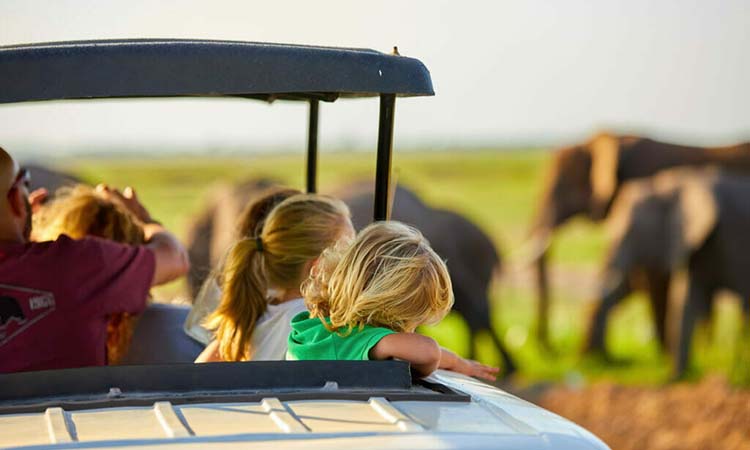

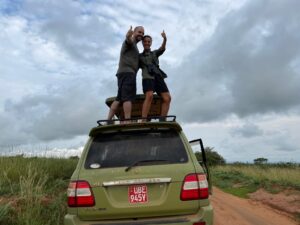
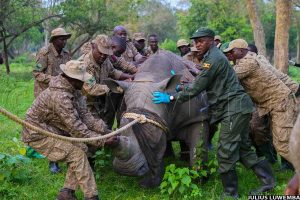

Related Articles
A USA Traveler’s Guide to Uganda’s Vibrant Street Life
Frequently Asked Questions About Uganda Car Hire Locations
Christmas Season Greetings from Uganda Car Rental Services